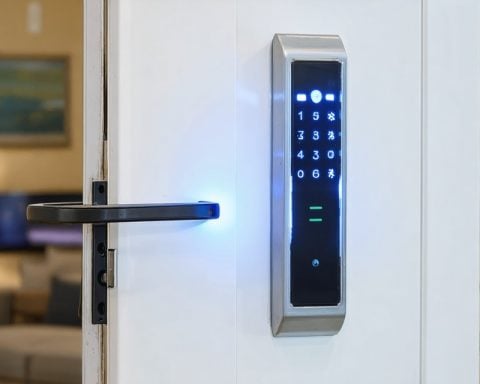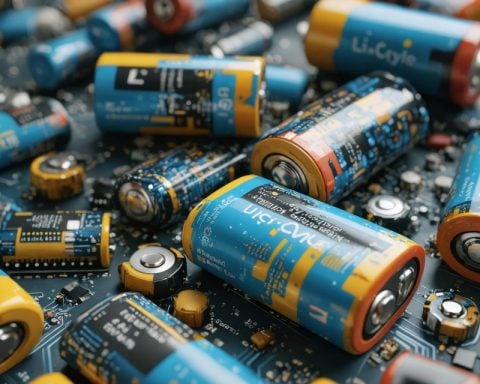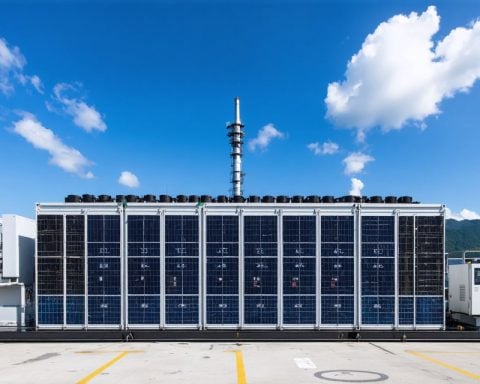- New York City launches a program for food delivery workers to exchange uncertified e-bikes for free, UL-certified models to enhance safety and reduce battery fires.
- Over 400 fire-safe e-bikes and batteries will be distributed in 2025, driven by Local Law 131 and Council Member Keith Powers’ support.
- Eligibility requires NYC residency, age 18 or older, at least $1,500 earned as a food delivery worker in 2024, and ownership of an operable device.
- Applications run from January 27 to February 17, 2025, available online in multiple languages, with free support clinics offered.
- Participants must complete an online safety course, emphasizing safe riding practices as part of the city’s sustainability efforts.
New York City is taking a decisive step toward safer streets and cleaner skies with a groundbreaking e-bike trade-in program. Spearheaded by Transportation Commissioner Ydanis Rodriguez, the initiative invites food delivery workers to upgrade their ride by swapping uncertified e-bikes or unapproved mopeds for a free UL-certified e-bike and battery.
This ambitious effort isn’t just about modernizing transport; it’s a critical measure to curb the increasing menace of e-battery fires that have plagued the city. These fires often erupt from uncertified equipment, posing a serious threat to residents. Now, with the leadership of Council Member Keith Powers and the authority of Local Law 131 of 2023, New York aims to replace dangerous devices with over 400 globally-standardized, fire-safe e-bikes and batteries in 2025.
Eligibility for this program is clear and focused. Applicants must be New York City residents, 18 or older, with earnings of at least $1,500 as a food delivery worker in 2024. They must also own an operable, eligible device.
Applications, open from January 27 to February 17, 2025, are accessible online in multiple languages, ensuring a broad reach. Applicants can also access free support clinics to ease the application process, ensuring no eligible worker is left behind.
What’s more, selected participants will undergo an online safety course, reinforcing New York’s commitment to safe and informed riding practices.
With this initiative, NYC is not just reducing fire risks; it’s investing in the future of transportation and the safety of its delivery workers. Emphasizing this commitment, Commissioner Rodriguez acknowledges the arduous role of delivery workers and highlights that a safer, sustainable future is within grasp—propelled by visionary leaders and the city’s relentless drive toward progress.
New E-Bike Trade-In Program: A Game-Changer for NYC’s Delivery Workers?
New York City has unveiled a pioneering e-bike trade-in program, championed by Transportation Commissioner Ydanis Rodriguez. This initiative is designed for food delivery workers to exchange their uncertified e-bikes or unapproved mopeds for free, UL-certified e-bikes and batteries. The program is more than just an upgrade; it aims to address the alarming rise in e-battery fires caused by uncertified devices.
How It Works
The program targets improving safety while modernizing transportation methods across the city. Under Local Law 131 of 2023, NYC plans to replace hazardous devices with over 400 globally-standardized, fire-safe e-bikes and batteries by 2025.
Eligibility:
– New York City residents aged 18 or older.
– Must have earned at least $1,500 as a food delivery worker in 2024.
– Must own an operable, eligible device.
Applications are open from January 27 to February 17, 2025, available online in multiple languages. Free support clinics are offered to ensure all eligible workers can participate.
Key Features and Benefits
– Safety: Use of UL-certified equipment significantly reduces the risk of fires.
– Modernization: Provides upgraded devices to improve mobility and efficiency.
– Support: Access to support clinics and a mandatory online safety course ensures participants are well-prepared to operate their new e-bikes safely.
– Environmental Impact: A step towards reducing emissions and creating cleaner skies.
Pros and Cons
Pros:
– Increases safety by eliminating uncertified e-bikes.
– Provides financial relief for delivery workers by offering free updates.
– Enhances public safety and environmental health.
Cons:
– Limited availability of bikes (only 400).
– Might not cover all delivery workers in NYC.
– Requires workers to meet specific earning thresholds.
Market Forecasts and Trends
As more cities strive to improve urban sustainability, initiatives like NYC’s e-bike trade-in program could serve as a model nationwide. The demand for certified e-bikes is expected to grow as safety concerns and environmental awareness become more pronounced.
Predictions and Future Insights
This initiative is likely to set a precedent for future urban transportation solutions, focusing on sustainability, safety, and community welfare. As technology continues to evolve, similar programs could expand to other components of urban life, fostering innovation across various sectors.
For more information on e-bikes and sustainable transportation, visit the main domain of [Transportation Alternatives](https://www.transalt.org).
In conclusion, New York City’s e-bike trade-in program is a forward-thinking approach to tackling safety concerns and promoting sustainability. By providing delivery workers with certified equipment, the city is taking significant strides towards a safer and greener future.
















